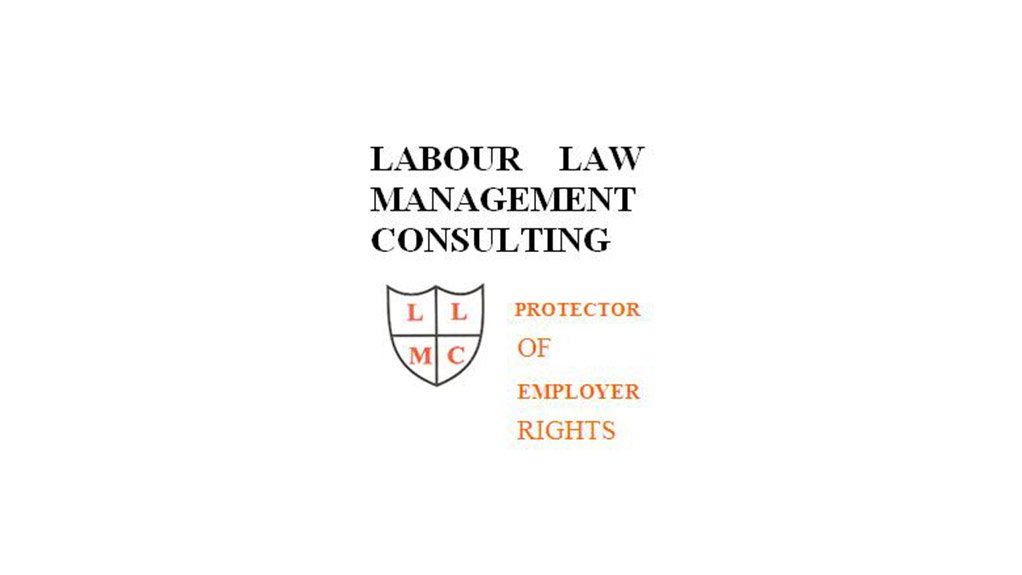The labour legislation that came into effect in 1996 severely hamstrung employers in the way they dealt with their employees. In 2002 labour legislation was again drastically amended to constrain employer rights even further.
While protection of employee rights is a good thing it is no surprise that employers, in the face of such powerful employee protection, look for alternative means of hiring labour instead of employing workers directly. This they do through employment agencies and labour brokers referred to as “temporary employment services” (TES) in the Labour Relation Act (LRA).
The business uses the TES staff to do the work that company employees would normally do. The TES thus frees the client from many labour law responsibilities in return for a fee.
Trade unions, who find this loophole to be a thorn in their sides, call this type of arrangement ‘Atypical Employment’ and have instigated new legislation, effective from April 2015 that severely curtails the purposes for which labour brokers.
However, common law has been in the employees’ favour for many years. In the case of Springbok Trading (Pty) Ltd vs Zondani and Others (2004 9 BLLR 864) the company wanted to transfer a number of its own employees into the employment of a labour broker. Those employees who refused the transfer were retrenched and declared a dispute against their retrenchment. The Labour Court agreed with them so the employer took the decision on appeal to the Labour Appeal Court. The Court found that:
- The discussions with the union had been conducted by the very same labour broker to which the employer wanted to transfer the employees and which had a lot to gain by the transfer.
- The employer’s stated reason for wanting to implement the transfer was not good enough to justify the retrenchment of those employees who refused the transfer. That is, the employer’s alleged wish to avoid the burden of payroll administration did not justify the loss of employees’ jobs.
- It was unlikely that the trade union would have agreed to the retrenchment of its members.
- Consultations on the retrenchments were neither completed nor properly conducted.
- The retrenchments were unfair.
The employer’s appeal was therefore dismissed with costs.
All employers and the smaller ones in particular, need to learn, with the help of reputable labour law experts, how to continue to run profitable businesses despite the ever increasingly restrictive labour legislation.
To obtain assistance with job grading please contact Ivan via (011) 888-7944, 0828522973 or ivan@lbourlwadvice.co.za.
Written by lvan lsraelstam, Chief Executive of Labour Law Management Consulting. He may be contacted on (011) 888-7944 or 0828522973 or on e-mail address: ivan@labourlawadvice.co.za.
EMAIL THIS ARTICLE SAVE THIS ARTICLE
To subscribe email subscriptions@creamermedia.co.za or click here
To advertise email advertising@creamermedia.co.za or click here











